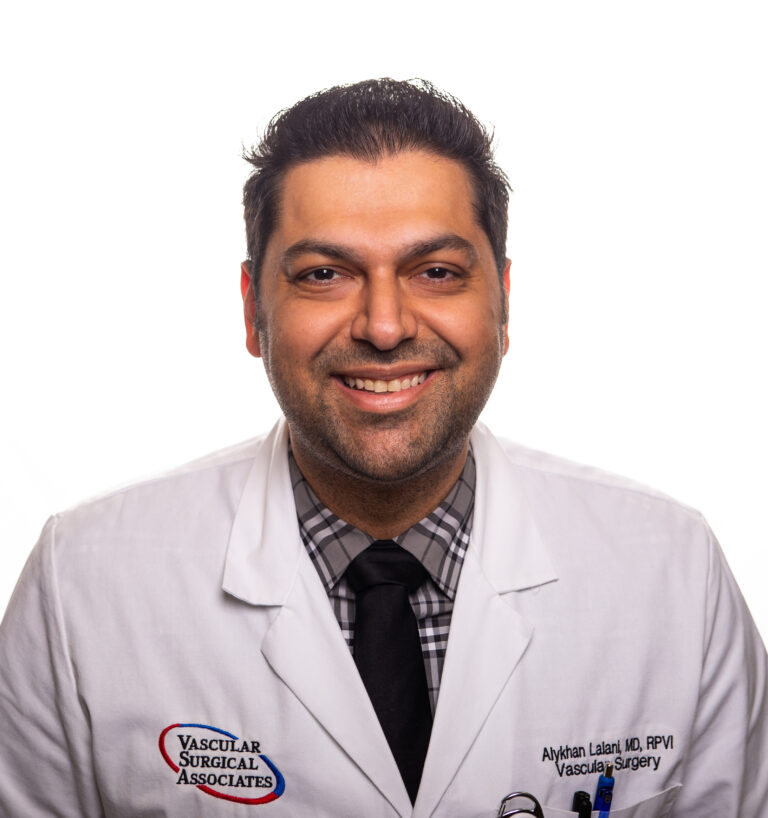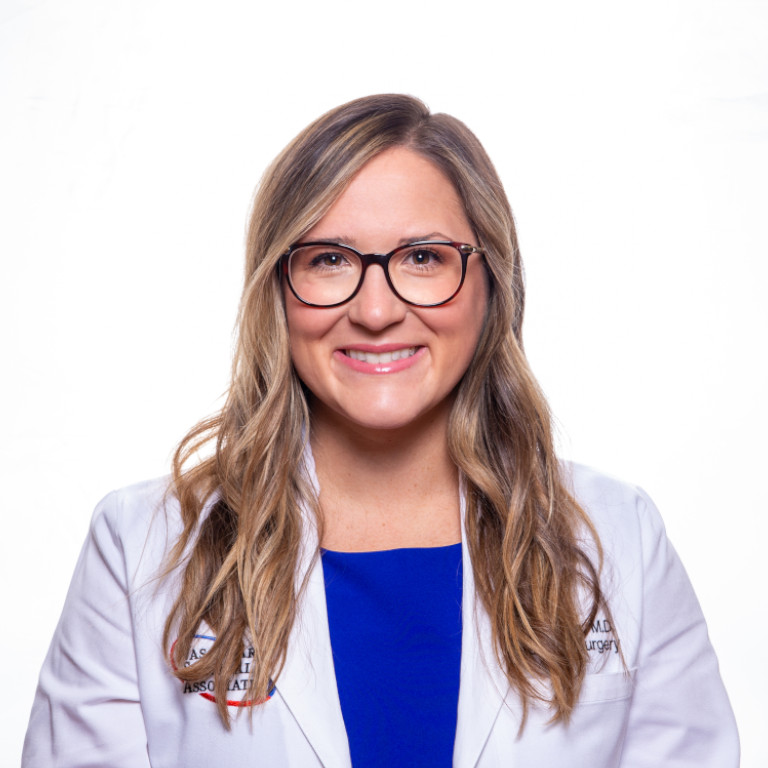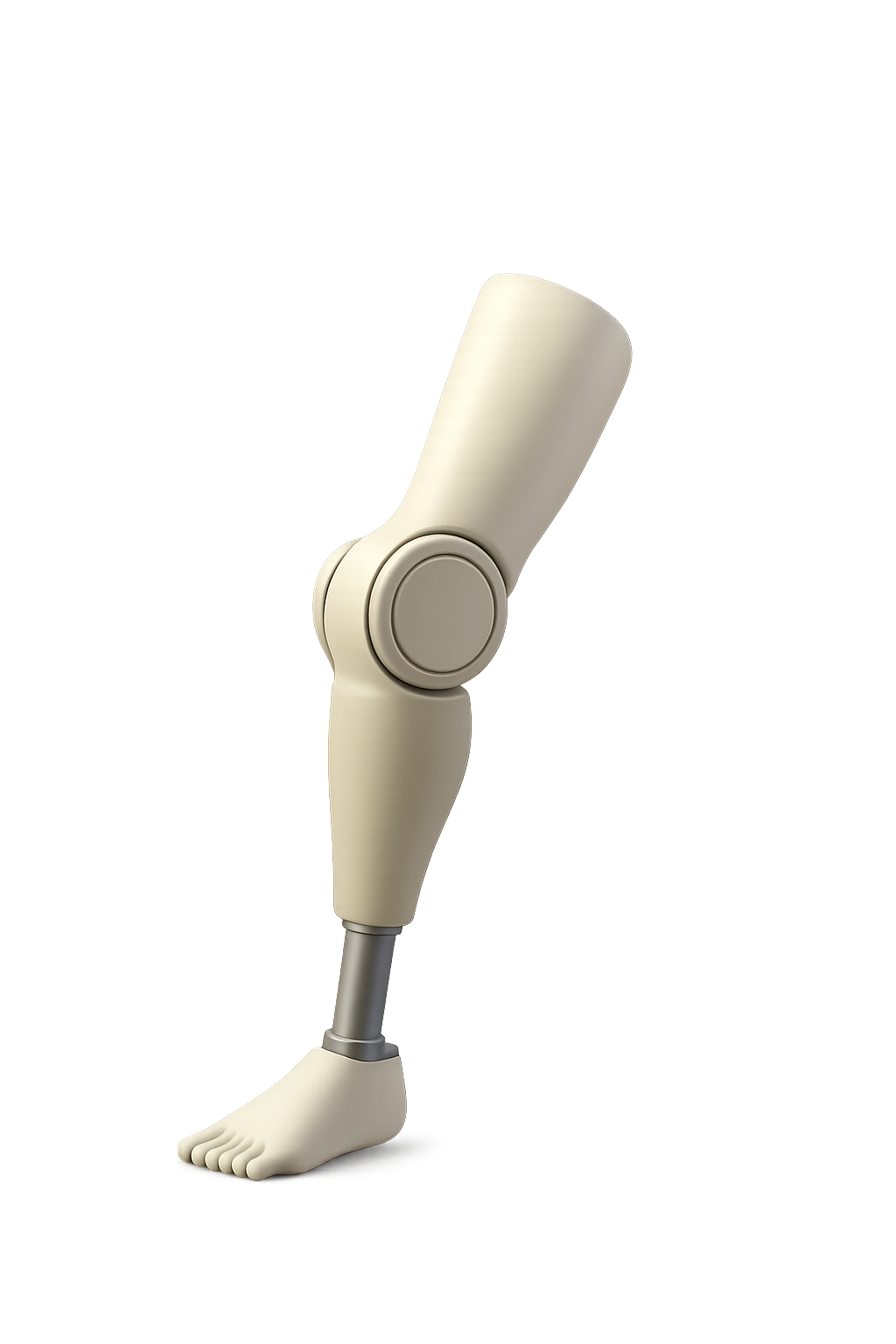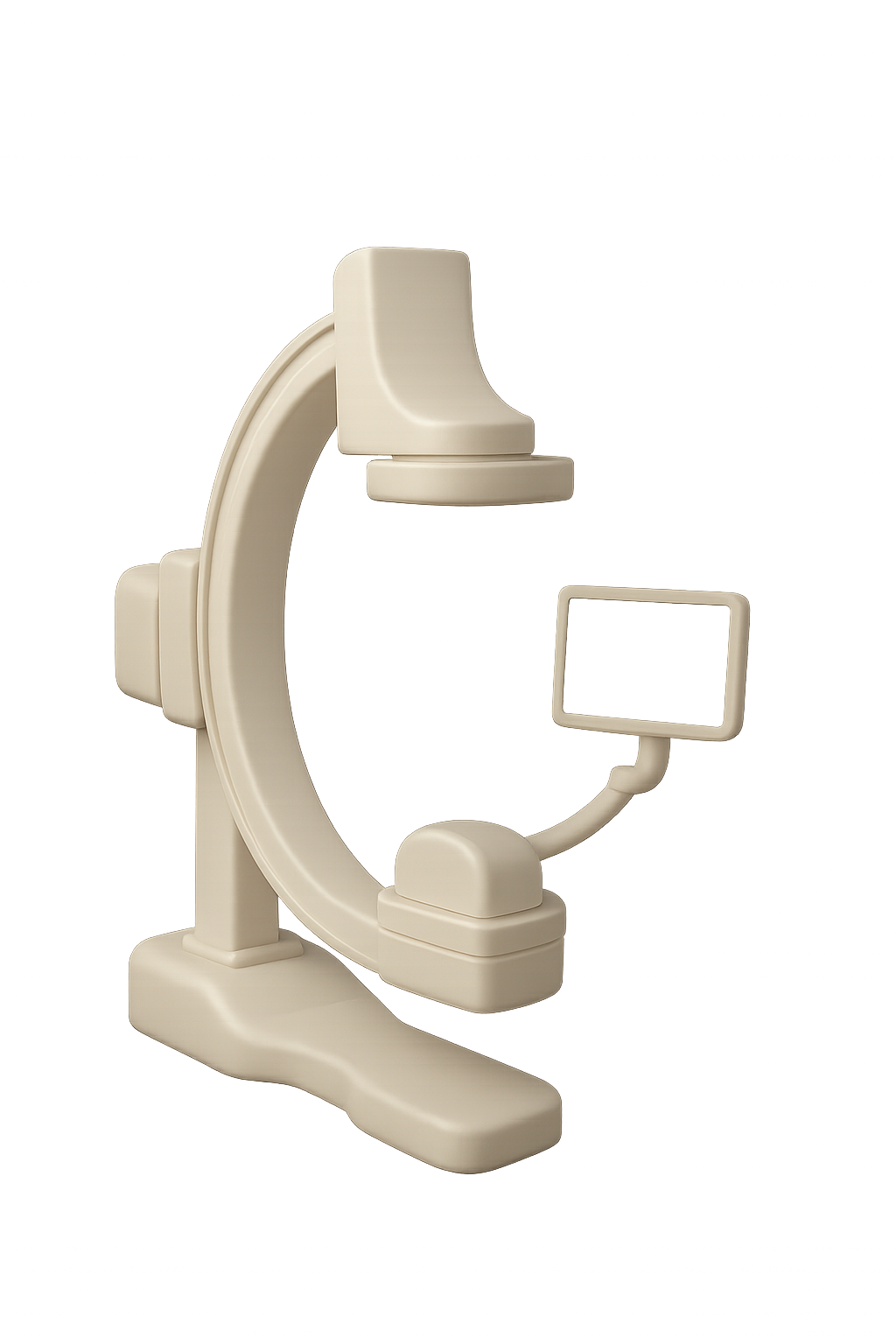Board-certified Vascular Care
Vascular Surgical Associates has been treating vascular conditions in Atlanta since 1986. With the latest technology and techniques in surgical and non-surgical solutions, we offer unparalleled vascular, wound, and prosthetic care.
Book an Appointment
Contact us today and find out how we can assist you!
770-423-0595

Dr. ALYKHAN LALANI
MD, RPVI

Dr. Emily Lagergren
MD, PRVI

Dr. Charles W. Wyble, Jr.
MD, FACS, RVT

Dr. Julie Duke
MD, RPVI
Board-Certified Specialists
EXPERT VASCULAR CARE YOU CAN TRUST
Our board-certified vascular surgeons and clinical specialists are committed to delivering advanced, patient-focused care. From diagnosis through treatment, we provide expert solutions designed to improve outcomes and restore quality of life.
ADVANCED VASCULAR & PROSTHETIC CARE FOR BETTER PATIENT OUTCOMES
At Vascular Surgical Associates, we provide comprehensive vascular, prosthetic, and wound care using advanced technology and a personalized approach. Our experienced specialists are focused on delivering care that improves function, circulation, and quality of life.

Prosthetics
Explore VSA Prosthetics’ personalized care options

Angio Suite
Must be the priority for any health care.

Vein Center
Get relief from vein pain and circulation issues

Vascular Lab
Must be the priority for any health care.

Wound 360
Learn how we treat difficult and chronic wounds

Patient Education
Browse patient resources and care information
Patient Stories and Tips From our Specialists
Real patients. Real care. Real results. Follow us to see how we help patients every day.


